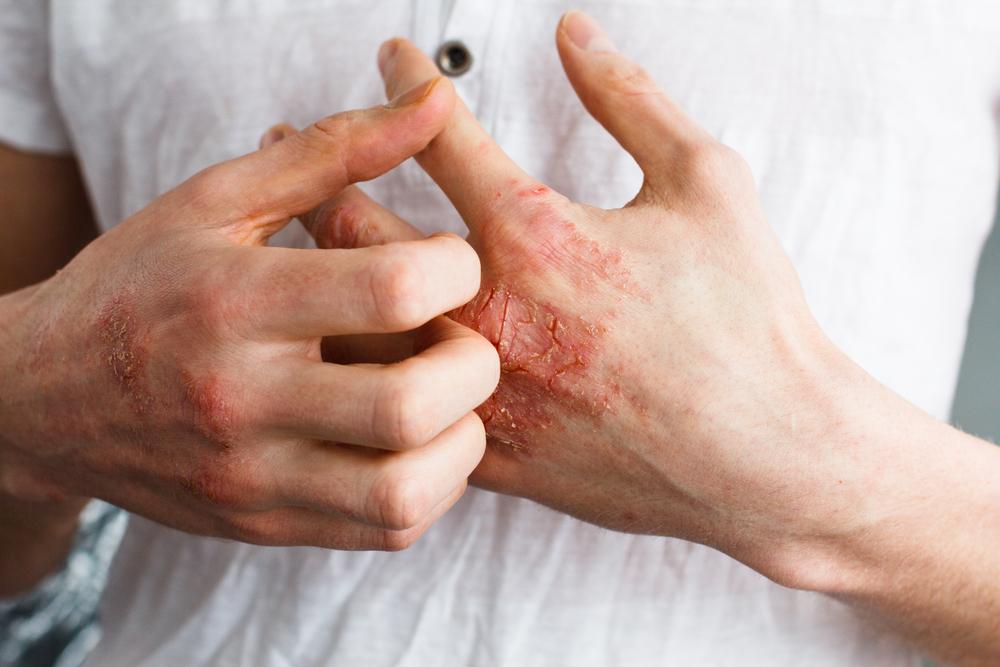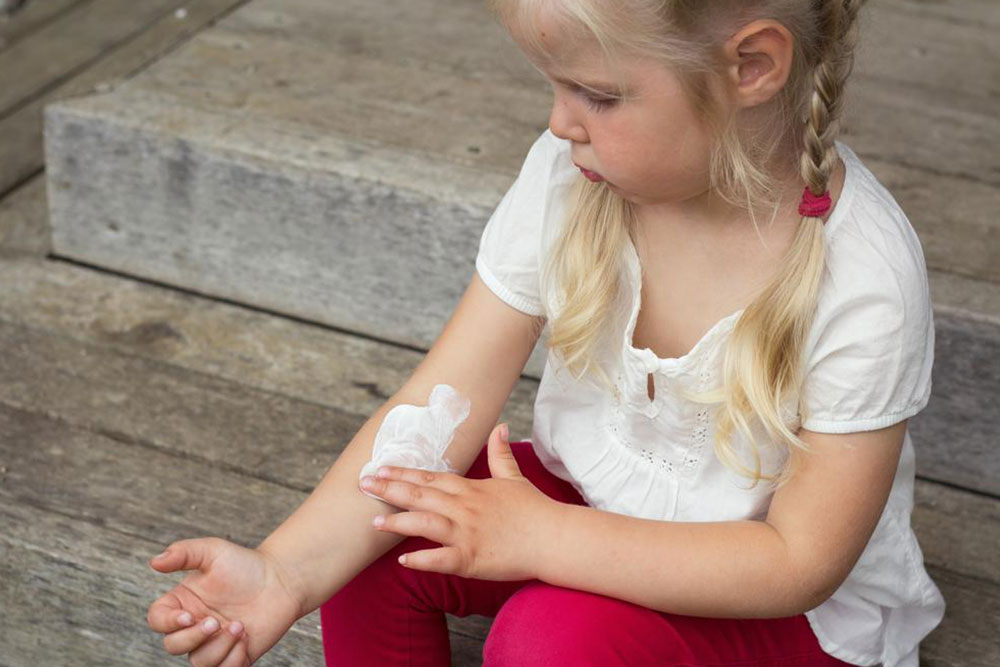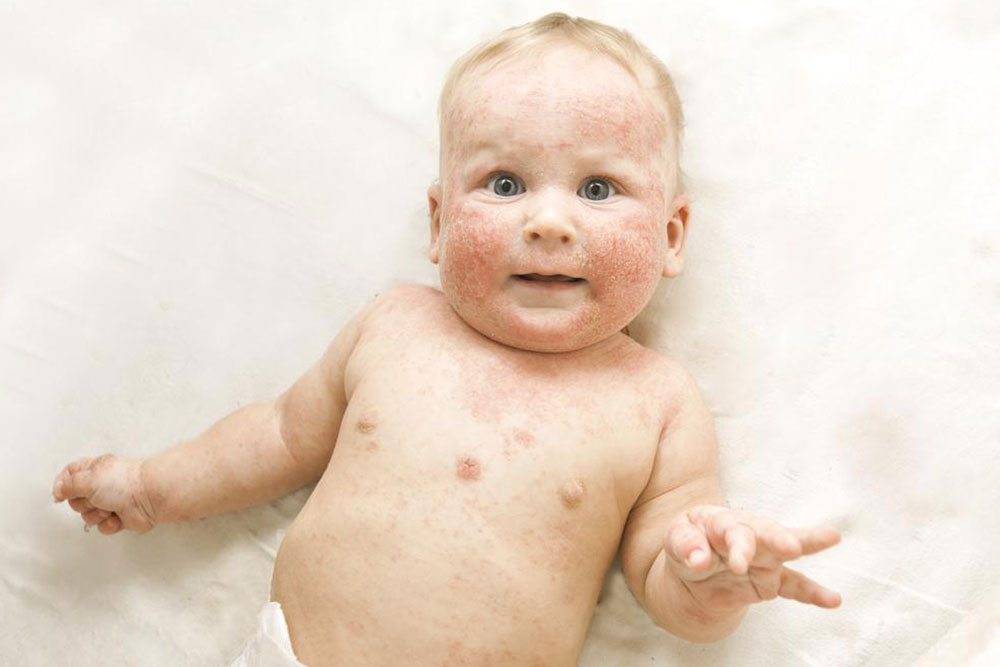Effective Strategies for Managing Eczema
Explore comprehensive strategies for managing eczema, including medication options, allergen avoidance, skincare routines, and holistic approaches such as diet and probiotics. Effective long-term control involves both medical treatments and lifestyle adjustments to reduce flare-ups and improve skin health.

Effective Strategies for Managing Eczema
Eczema encompasses various skin conditions characterized by inflammation and dryness. The main issue is skin irritation that leads to itching and discomfort. Among the many forms, the most common are Atopic Eczema and Contact Eczema.
Managing Atopic Eczema
While there is no cure yet, various treatments aim to control symptoms. Current research emphasizes restoring the skin’s barrier to prevent allergens from penetrating the skin, which in turn reduces inflammation and flare-ups.
Failure to repair the skin barrier allows allergens to trigger immune responses, worsening eczema.
Most therapies focus on alleviating symptoms rather than offering a complete cure. Avoiding known triggers like certain fabrics, hot showers, and high temperatures is crucial. Stress management also plays a key role in symptom control.
Consistently applying fragrance-free moisturizers throughout the day helps keep the skin hydrated and minimizes itching. Your healthcare provider can guide you to select the most suitable moisturizing products for eczema prone skin.
Medications prescribed by doctors include:
Topical corticosteroids
These medicated creams vary in strength and are used to reduce inflammation during flare-ups. They can be applied daily or as needed depending on symptoms.
Oral corticosteroids
Typically prescribed for severe cases, these are short-term treatments to rapidly control intense flare-ups but are used cautiously due to potential side effects.
Additional therapies
Trials are ongoing for antihistamines, light therapy (phototherapy), and specialized bandages that promote skin healing by suppressing immune responses.
Managing Contact Eczema
Once allergy tests identify specific triggers, avoiding contact with those substances is essential. Your healthcare provider will help determine the best approach to decrease exposure.
Besides allergen avoidance, minimizing contact with harsh soaps, perfumed moisturizers, and irritant products is advised. Using gentle, skin-compatible products can help prevent flare-ups.
Common recommendations include:
Soothing oatmeal baths
Wearing soft, natural fabrics
Using plant-based cleaning and laundry products
Thoroughly drying skin after water exposure
Opting for gentle, fragrance-free cosmetics
Holistic Approaches to Eczema Relief
Addressing underlying inflammation is vital. Adopting a nutritious diet rich in whole, anti-inflammatory foods can help promote skin healing and reduce flare-ups.
Improving immune health involves avoiding foods high in acidity and sugar, which can exacerbate inflammation. Incorporating more alkaline foods, leafy greens, and vitamin C-rich foods boosts immunity.
Since much of immune function resides in the gut, maintaining digestive health supports skin health. Strategies include increasing probiotics through foods like kimchi, miso, yogurt, and sauerkraut, which foster healthy bacteria balance.
Emerging research highlights probiotics' potential in eczema management, especially for prenatal or early childhood intervention to reduce risk.
Ultimately, combining medical treatments with diet and lifestyle changes offers a comprehensive approach to managing eczema effectively at any age.










